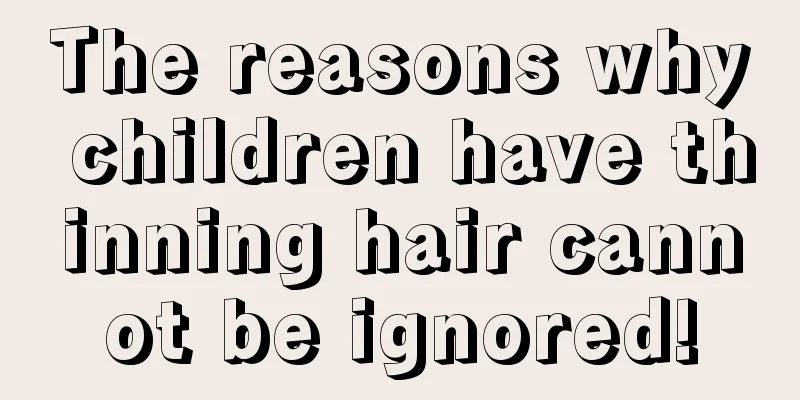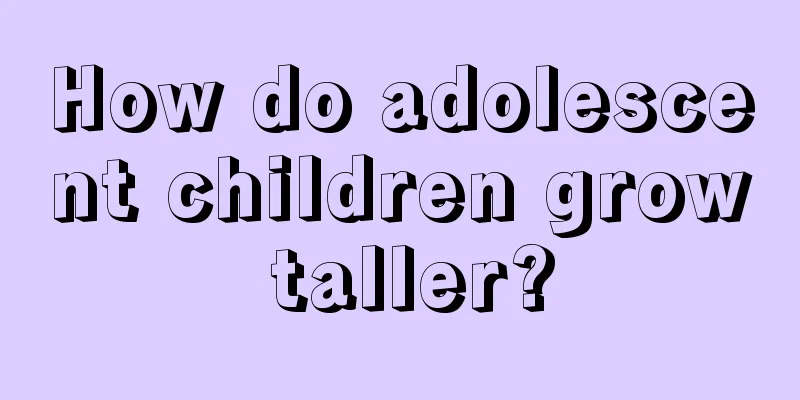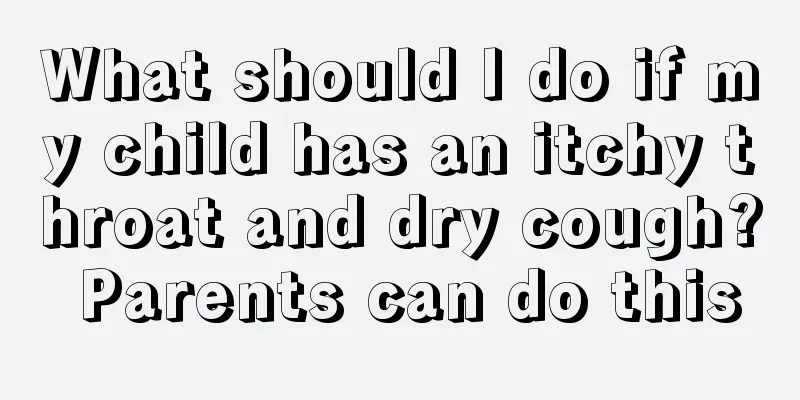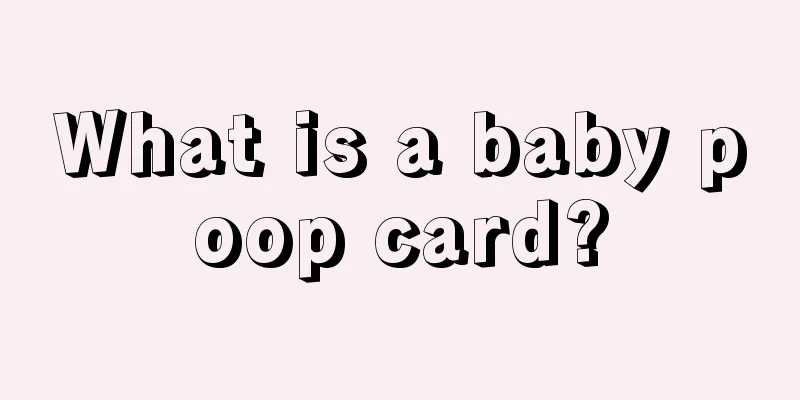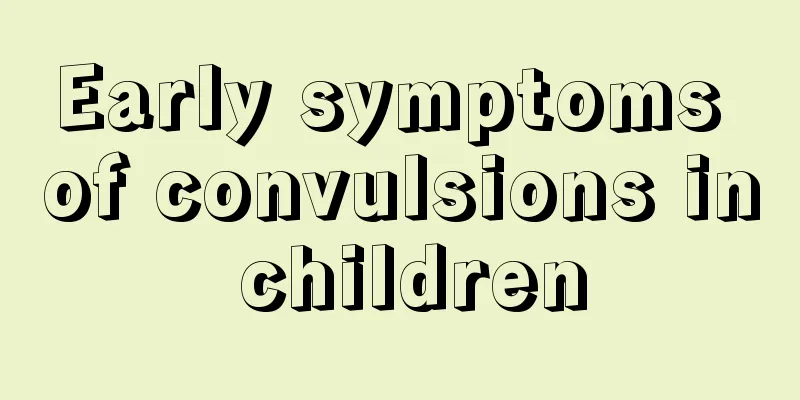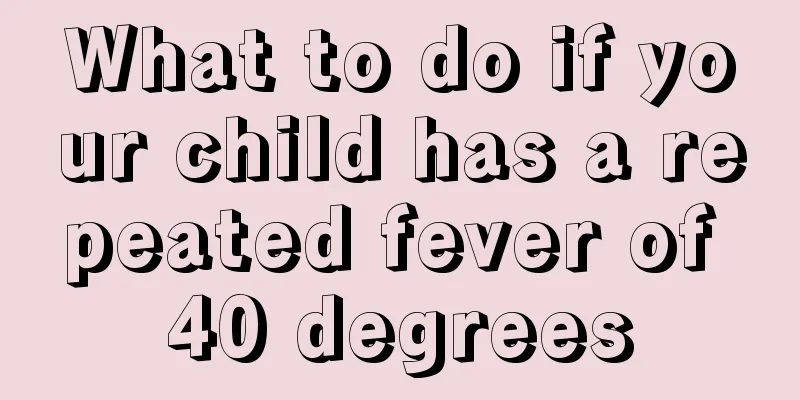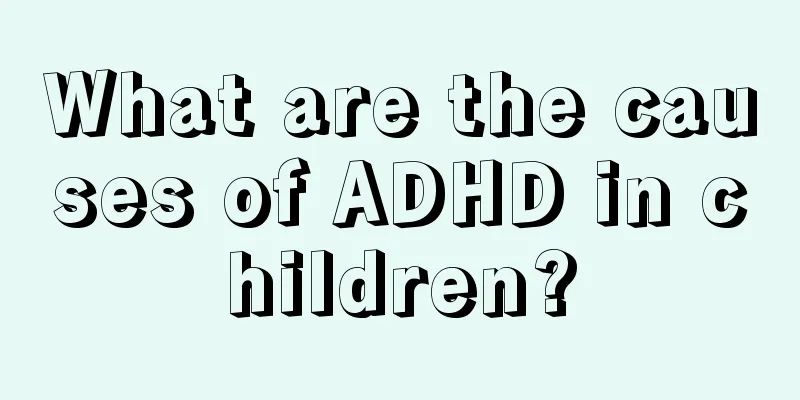The child is sleepy and has no energy and refuses to eat

|
Children generally sleep longer than adults. However, there is a certain standard for how long the baby can grow. If it exceeds this standard, parents need to pay attention. Because many problems can cause drowsiness in children, such as fever, hypoglycemia, encephalitis, meningitis or poisoning, which can cause drowsiness in children. These diseases are relatively dangerous for children, so they need active treatment. 1. FeverChildren's reactions to fever vary from person to person. Some are more excited and have restless sleep, while others are drowsier. There are also cases where drowsiness occurs first and fever is later discovered. People with a cold generally do not experience drowsiness, but there are people who experience a cold with fever and drowsiness, but their energy returns once the fever subsides. Common serious infections, such as sepsis, especially infections of the central nervous system, should be diagnosed and treated early if they first manifest as drowsiness, then develop into coma, and then have neurological symptoms such as convulsions and hemiplegia. 2. Hypoglycemia Early symptoms of hypoglycemia may include drowsiness. Children often have a history of not having dinner the night before and are sleepy and unable to get up in the early morning. They may have hypothermia, cold sweats, pale complexion, and may develop coma and convulsions. Newborns show symptoms such as lethargy, drowsiness, and difficulty feeding.
Especially in spring and autumn when viral encephalitis is prevalent or in areas where Japanese encephalitis is prevalent in summer, if children have a high fever accompanied by drowsiness and vomiting, we should be alert to such diseases and do blood and cerebrospinal fluid tests. Severe cases may start with drowsiness, gradually go into coma, and develop neurological symptoms such as convulsions and paralysis. 4. Side Effects of Drugs Some therapeutic medications contain sedative effects. For example, some antidiarrheal mixtures, medicines for treating colds and fevers, antitussive drugs, antiallergic drugs, and anti-vertigo drugs may cause drowsiness in children. If your doctor tells you that the side effects of the medication may cause drowsiness when prescribing the medication, then you don't have to worry, as the drowsiness symptoms will disappear after you stop taking the medication.
Drowsiness is an early symptom of poisoning, often caused by accidental ingestion of drugs or inhalation of toxic gases. The most common cause is overdose of medications containing sedatives, such as swallowing adult antihypertensive drugs, sedatives and sleeping pills as small sugar pills. Some cases are caused by adults taking the medication by mistake. Inhalation of certain toxic gases, such as carbon monoxide (coal gas) and spray pesticides, can cause poisoning. Mild poisoning causes drowsiness, while severe poisoning quickly develops into coma or even death. |
>>: How to diagnose a concussion in a baby
Recommend
Symptoms of umbilical cord infection in newborns
The resistance of newborns mostly comes from the ...
How to deal with a baby with a high fever of 39.5 degrees at home
The commonly used physical cooling methods in the...
Principles and methods of physical exercise for primary school students
During the growth process of primary school stude...
How much milk should a baby eat after 50 days of age?
For children of different ages, the amount of mil...
What causes white stool in children?
What are the symptoms of white stools in children...
What to do if teenagers have trouble sleeping?
Teenagers are in the period of growing and studyi...
How to identify hernia in children?
Many children will suffer from various illnesses ...
How many days does it take for baby teeth to come out?
When babies are young, they need their parents to...
How to deal with something getting into your baby's eyes
The baby's every move concerns adults, and th...
What are the symptoms of calcium deficiency in a 4-month-old baby?
Are you an expectant mother or father? Or are you...
What to do if your baby has bloody stools
Many people have experienced red stools or stools...
Can calcium tablets help children grow taller?
Many parents are worried about their children'...
What calcium should an eight-month-old baby eat?
An eight-month-old baby is about to turn one year...
Newborn baby's mouth keeps moving when sleeping
When a newborn baby is sleeping, his mouth keeps ...
What should I do if my child doesn't like doing homework?
Children's education issues give most parents...

